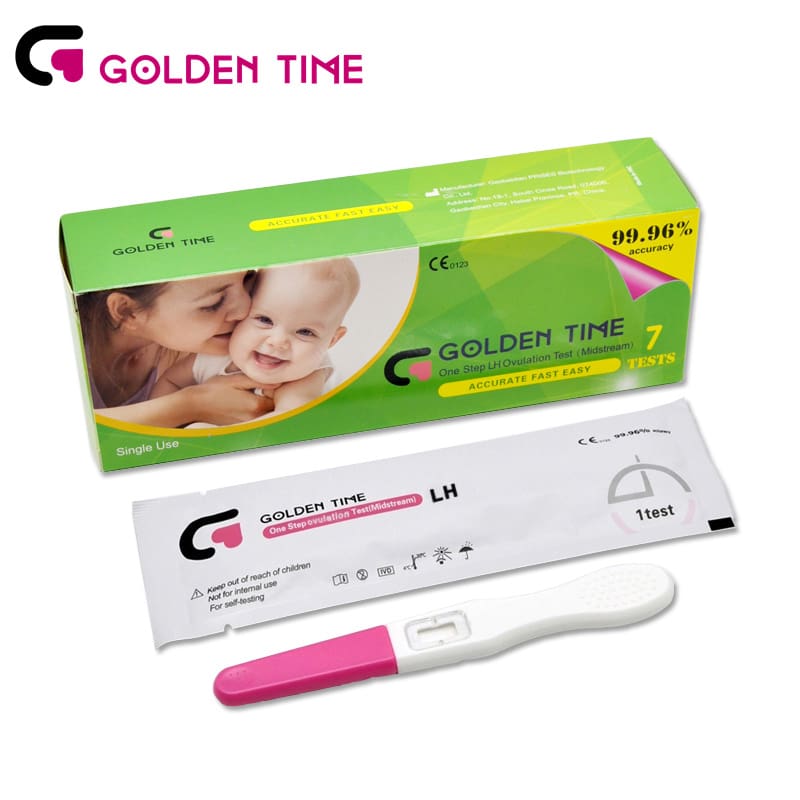
- Afrikaans
- Albanian
- Amharic
- Arabic
- Armenian
- Azerbaijani
- Basque
- Belarusian
- Bengali
- Bosnian
- Bulgarian
- Catalan
- Cebuano
- China
- China (Taiwan)
- Corsican
- Croatian
- Czech
- Danish
- Dutch
- English
- Esperanto
- Estonian
- Finnish
- French
- Frisian
- Galician
- Georgian
- German
- Greek
- Gujarati
- Haitian Creole
- hausa
- hawaiian
- Hebrew
- Hindi
- Miao
- Hungarian
- Icelandic
- igbo
- Indonesian
- irish
- Italian
- Japanese
- Javanese
- Kannada
- kazakh
- Khmer
- Rwandese
- Korean
- Kurdish
- Kyrgyz
- Lao
- Latin
- Latvian
- Lithuanian
- Luxembourgish
- Macedonian
- Malgashi
- Malay
- Malayalam
- Maltese
- Maori
- Marathi
- Mongolian
- Myanmar
- Nepali
- Norwegian
- Norwegian
- Occitan
- Pashto
- Persian
- Polish
- Portuguese
- Punjabi
- Romanian
- Russian
- Samoan
- Scottish Gaelic
- Serbian
- Sesotho
- Shona
- Sindhi
- Sinhala
- Slovak
- Slovenian
- Somali
- Spanish
- Sundanese
- Swahili
- Swedish
- Tagalog
- Tajik
- Tamil
- Tatar
- Telugu
- Thai
- Turkish
- Turkmen
- Ukrainian
- Urdu
- Uighur
- Uzbek
- Vietnamese
- Welsh
- Bantu
- Yiddish
- Yoruba
- Zulu
Apr . 18, 2024 10:07 Back to list
How Soon Will A Pregnancy Test Read Positive?
While some pregnancy tests claim to work a few days before a missed period, the results are usually less accurate at that point. Some tests may be able to detect pregnancy hormones in urine as early as 10 days following unprotected sex, but the results are not very reliable, and women may get a false positive or false negative test result.
For women who have irregular periods or who do not get periods at all, testing about 3 weeks after unprotected sex may yield more reliable results.
- If a test reads positive, a woman may want to check with her doctor for a blood pregnancy test to confirm the results.
- Most women who have a positive pregnancy test should wait a week or two before calling the doctor for a blood test.
-
Urine LH Ovulation Test Midstream

What Are Pregnancy Tests?
Pregnancy tests are used to verify if a woman is pregnant. They work by checking urine or blood for a hormone called human chorionic gonadotropin (HCG) that the body produces when pregnancy occurs. This hormone is released when a fertilized egg attaches to the lining of the uterus, signaling the beginning of pregnancy.
When Can A Pregnancy Test Be Taken?
Pregnancy tests may be taken any time after a woman’s menstrual period is late.
A woman may also choose to test after implantation bleeding has occurred. Implantation bleeding is an early sign of pregnancy. It occurs when a 6 to 12-day-old fertilized egg attaches to the inner lining of the uterus, causing light vaginal bleeding or spotting. About one-third of women experience implantation bleeding, which is normal and typically happens near the time of a woman’s next expected menstrual period.
About four to five days after implantation bleeding, HCG levels in the body reach detectable levels in the blood. For at-home urine pregnancy tests, it may take up to 7 days for HCG levels in the urine to reach detectable levels for testing.
Why Might A Pregnancy Test Produce the Wrong Result?
There are 2 types of inaccurate results:
- False negative – the test indicates a woman is not pregnant but she is
- False positive – the test shows a woman is pregnant but she’s not
There are several reasons for inaccurate results:
- Urine is too dilute – this can occur if a woman drinks too much water or tests later in the day
- Testing too soon after unprotected sex – the body may not have produced enough HCG to be detectable
- Using a test that does not detect lower levels of HCG – check package labels for which tests are more sensitive
- Using an expired test
- Not using a test right away after opening
- Use of infertility medications such as clomiphene (Clomid), menotropins (Pergonal, Humegon, Repronex) can cause false positives
-
Accurate COVID-19 Rapid Test Kits for Fast Antigen Detection
NewsAug.31,2025
-
Empty ABS Plastic Cassette for Test Strips | Durable & Precise
NewsAug.30,2025
-
Nylon Flocked Nasal Swab for Comfortable Testing
NewsAug.29,2025
-
Reliable HCG Pregnancy Test - Accurate & Easy One Step Results
NewsAug.28,2025
-
NS1 Dengue Test in Pediatric Cases
NewsAug.23,2025
-
Travelers and the Need for a Hepatitis B Rapid Test
NewsAug.23,2025
